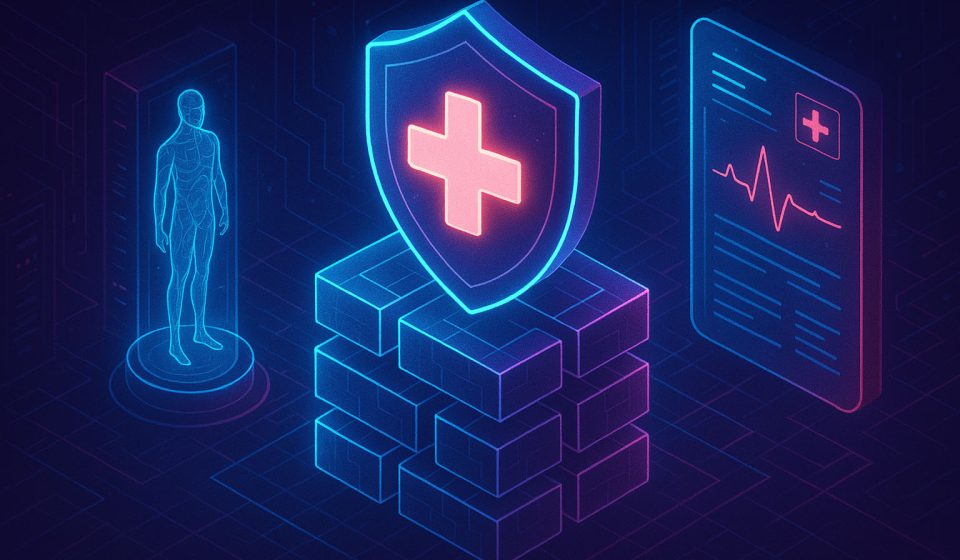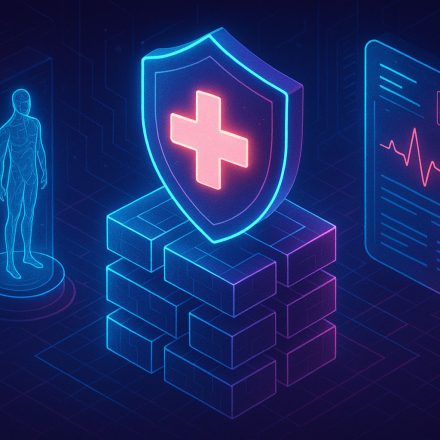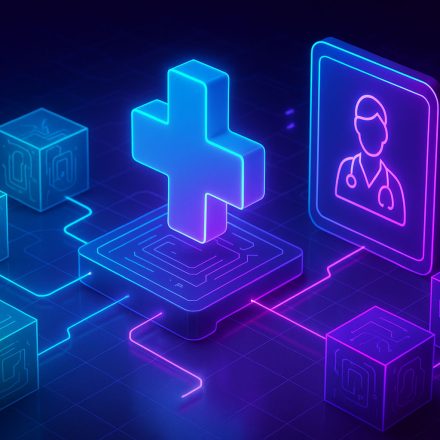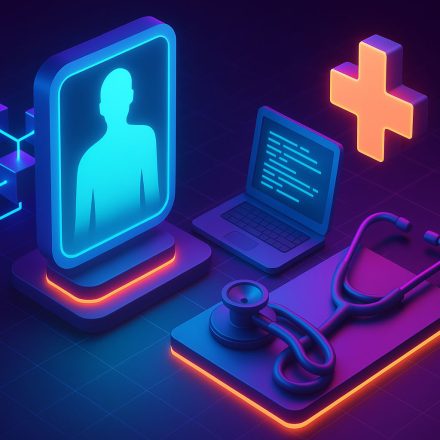
🏥 Blockchain in Healthcare: Secure Data and Patient Privacy
Introduction
Blockchain in healthcare: secure data and patient privacy is quickly becoming a major topic in the tech and medical industries. With rising data breaches and increasing concern over patient privacy, blockchain technology offers a game-changing solution for securing sensitive healthcare information.
Table Of Content
- Introduction
- 🔗 What is Blockchain in Healthcare?
- 💡 Benefits of Blockchain for Healthcare Data
- 1. Secure Data Storage
- 2. Patient Ownership of Data
- 3. Transparency
- 4. Faster Data Sharing
- 🔐 How Blockchain Secures Patient Privacy
- 🌍 Real-World Use Cases of Blockchain in Healthcare
- Medicalchain
- Guardtime
- Solve.Care
- 🚧 Challenges of Using Blockchain in Healthcare
- 🔮 Future of Blockchain in Healthcare
- 🎯 Final Thoughts
- 🔗 Learn More
This article explains how blockchain protects healthcare data and enhances patient privacy across the industry.
🔗 What is Blockchain in Healthcare?
Blockchain is a decentralized and distributed digital ledger that stores information securely and transparently across multiple systems. In healthcare, blockchain is used to store:
- Patient records
- Prescriptions
- Medical billing
- Clinical trial results
- Insurance data
Its tamper-proof nature makes blockchain ideal for protecting sensitive health information.
Learn more about blockchain basics here: https://blockchaininsights.org/category/blockchain-basics
💡 Benefits of Blockchain for Healthcare Data
1. Secure Data Storage
Blockchain encrypts data and distributes it across many nodes, reducing the risk of hacking.
2. Patient Ownership of Data
Patients have full control over their medical records and can grant or revoke access at any time.
3. Transparency
Every access or change to the data is logged and visible, increasing trust between healthcare providers and patients.
4. Faster Data Sharing
Blockchain enables faster, safer sharing of medical data between hospitals, doctors, and insurance companies.
🔐 How Blockchain Secures Patient Privacy
| Feature | Benefit |
|---|---|
| Encryption | Keeps sensitive data unreadable to unauthorized users |
| Decentralization | No central point of failure for hackers to target |
| Smart Contracts | Automates consent management for patient data |
| Immutable Records | Prevents unauthorized data changes or deletions |
🌍 Real-World Use Cases of Blockchain in Healthcare
Medicalchain
Provides a blockchain-powered platform for storing and sharing electronic health records (EHRs).
Website: https://medicalchain.com/
Guardtime
Uses blockchain to secure patient medical data and protect against cyber attacks.
Website: https://guardtime.com/
Solve.Care
Improves healthcare coordination and payment systems using blockchain.
Website: https://solve.care/
🚧 Challenges of Using Blockchain in Healthcare
While blockchain brings many advantages, it also faces challenges in healthcare:
- Regulatory compliance (HIPAA, GDPR)
- Integration with existing medical systems
- Scalability and transaction speed
- User education and adoption
🔮 Future of Blockchain in Healthcare
The future of blockchain in healthcare: secure data and patient privacy is very promising. We can expect:
- Global healthcare data networks
- Blockchain-based digital identities for patients
- Secure sharing of research and clinical trial data
- Fraud prevention in medical billing
- Patient-controlled universal health records
🎯 Final Thoughts
The importance of blockchain in healthcare: secure data and patient privacy cannot be overstated. As cyberattacks increase and patient trust declines, blockchain provides a transparent, secure, and efficient solution for the healthcare industry.
While there are still challenges to overcome, the integration of blockchain in healthcare is set to revolutionize how we manage and protect sensitive patient information.
🔗 Learn More
Internal Link → https://blockchaininsights.org/category/blockchain-basics
External Link → https://www.ibm.com/topics/blockchain-healthcare












